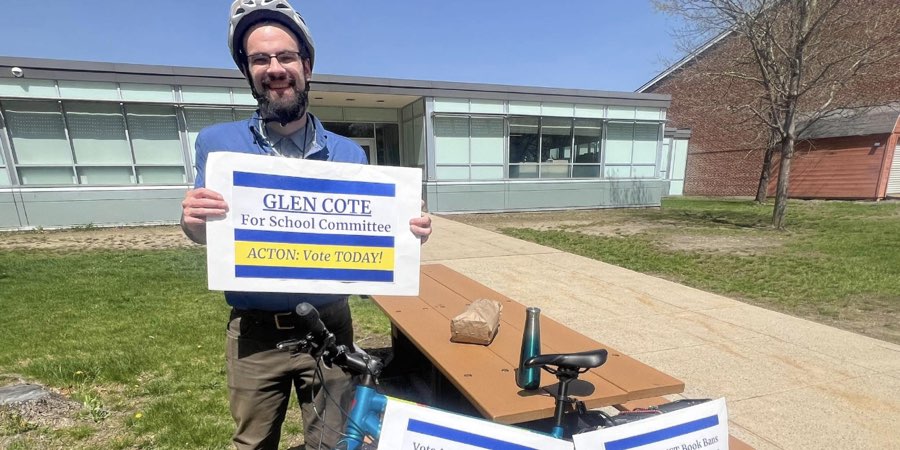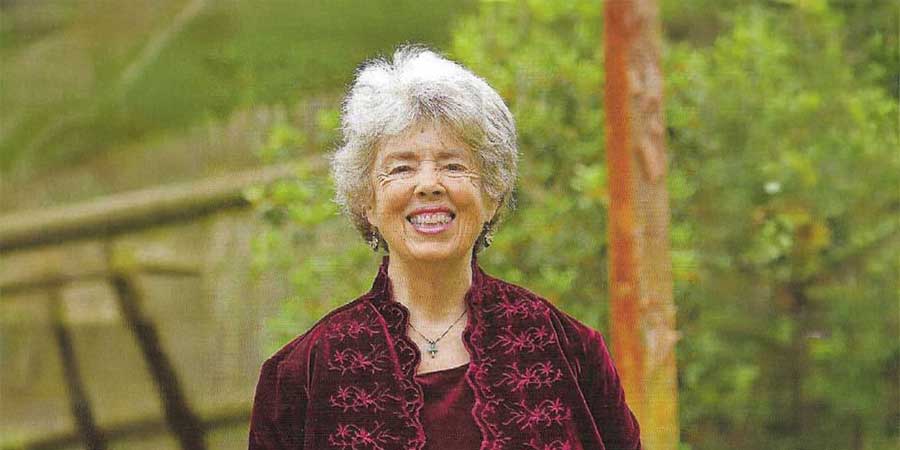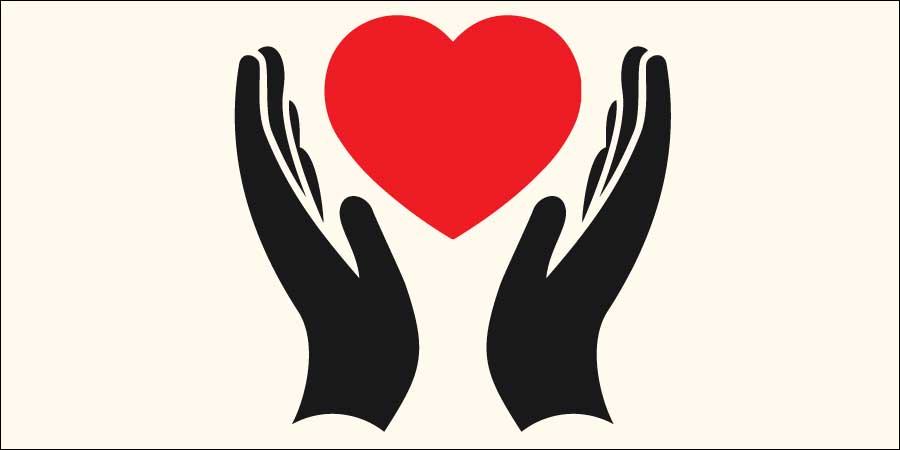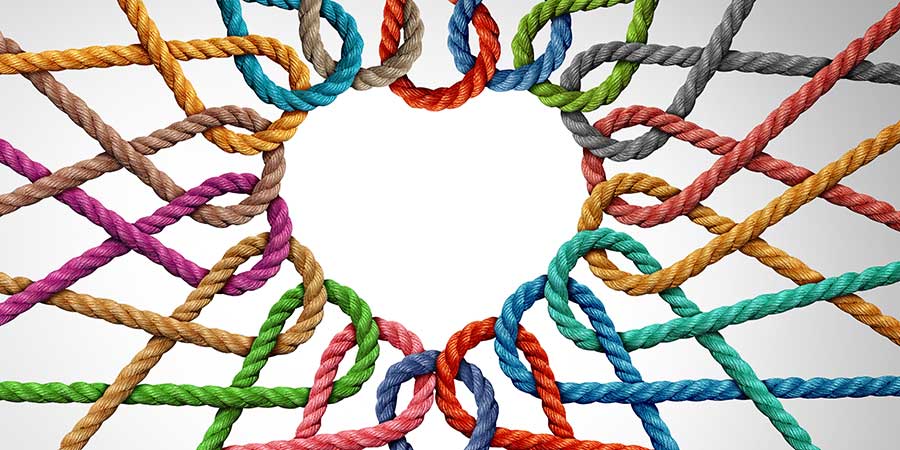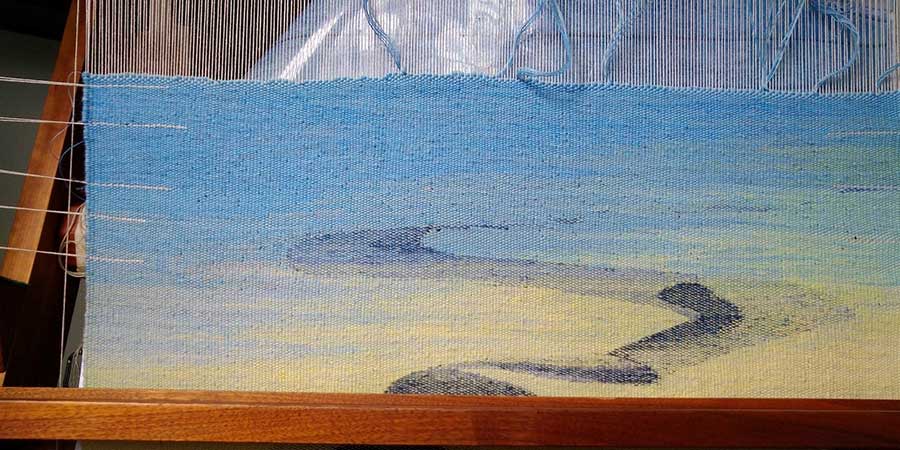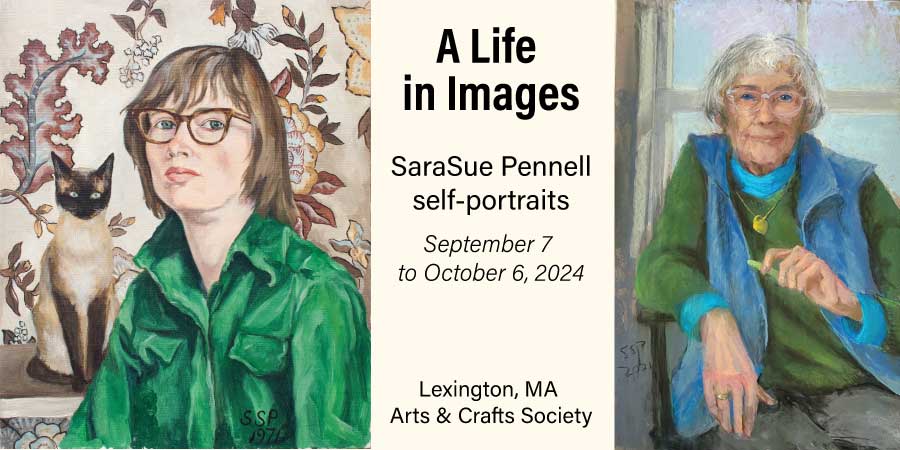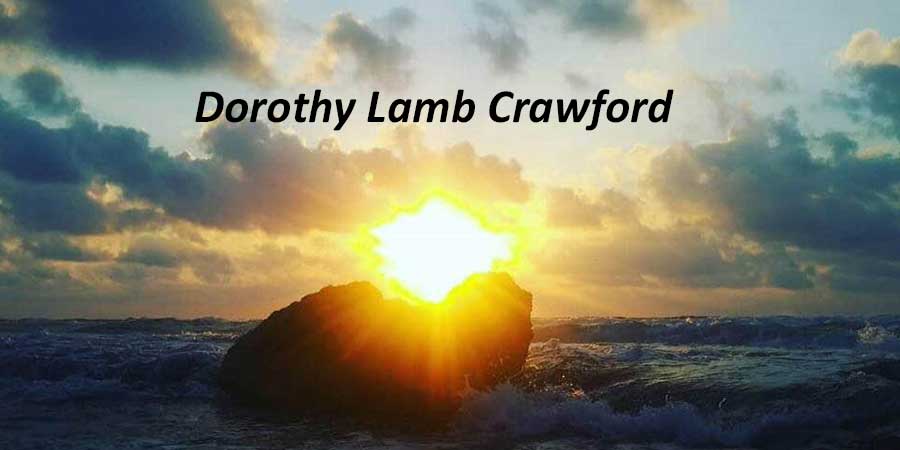Confronting Racism at Friends Meeting at Cambridge
Sarah Spear predicted that the initial energy to confront the racism in our FMC community, prompted by her post, would subside over a few months, and nothing would change. With her permission, we have included her post below to help re-ignite the determination to focus on what can be done in this community.
Recognizing microaggressions, accepting when they are noted by others, and learning to point them out with love when they are heard, is what can be done, now, here.
We hope you were able to look at the material sent out in the September link. It is included below.
We recommend two more short pieces on microaggressions—one to read and one to watch.
- NPR Interview with Derald Sue — 8-minute listen or 4-minute read with clear definitions and examples from early thinker/practitioner on these dynamics.
- Eliminating Microaggressions: Next Level of Inclusion – A 10-minute video/TEDTalk, with clear explanation using examples. Consider replacing “work place” with “faith community” as a way to apply to FMC or other Quaker groups.
- Pacific Yearly Meeting’s Worship Sharing and Dialogue with Attention to Ouch, Oops, Whoa (also sent out earlier from FMC’s M & C)
If you are further along in this work, FORJ has suggested other resources for individuals and for families, which are attached.
May we be mindful that our own or others’ interactions and behaviors may land differently from what was intended.
With Divine Assistance may our beloved community stay focused on this work and not let it fade into the background.
Thank you for engaging with this.
Sarah’s post from July, 2021
“I’ve been attending, off and on, my meeting for about 4 years now. I’m a biracial woman and I’ve honestly never been more aware of my race than at meeting. I love Quaker worship; I love reading Quaker beliefs and prayers, and I used to love being able to settle into the quiet and meditate and reflect.
“Our meetinghouse just reopened for mixed, in-person and Zoom worship. I was stoked to attend, but, as I settled in, I found myself… angry and unfocussed. I kept thinking about all the hurt this place has made me feel. All the times I was both put on a pedestal for being young and “black”, and all the times people assumed I was some sort of… I don’t even know, a gangbanger?
“As an example, I once brought my mother to a previous meeting. She is entirely black, and attends a different church. She mentioned how she and I went to said church together when I was little, without mentioning the denomination. Someone asked, specifically, if her church was “Black Baptist”. I like to think they didn’t meant to be offensive, but they were! They could have just as easily asked “What denomination?” instead of jumping to a conclusion based on her skin color. (This is just one example, but it was on my mind for most of my last meeting.)
“My meeting is hyper focused on being inclusive. It’s exhausting. But at the same time, this place still feels like home and I want it to. I just don’t know where to begin. I want to make peace with my personal anger; I want to tell them that the way they’re currently doing things is the reason all their minority members leave after six months. I want to help, but I need help myself! Do you have any advice?”
From Ministry and Counsel


